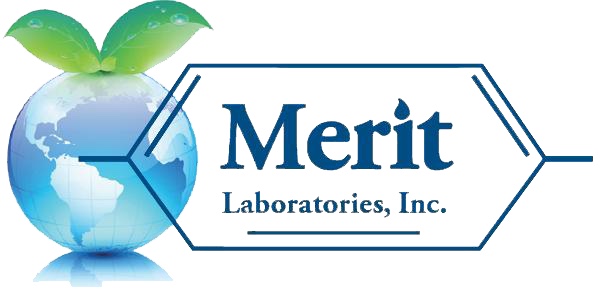3M announced that it will exit per- and polyfluoroalkyl substance (PFAS) manufacturing and work to discontinue the use of PFAS across its product portfolio by the end of 2025. In the official announcement from 3M, the company said that it plans to:
Exit all PFAS manufacturing by the end of 2025: 3M will discontinue manufacturing all fluoropolymers, fluorinated fluids, and PFAS-based additive products. We will help facilitate an orderly transition for customers. 3M intends to fulfill current contractual obligations during the transition period.
Work to discontinue use of PFAS across our product portfolio by the end of 2025: We have already reduced our use of PFAS over the past three years through ongoing research and development and will continue to innovate new solutions for customers.
3M cited several factors that were used to make the decision, including regulatory, marketplace, and investors:
Regulatory: The European Union has indicated plans potentially restrict all PFAS by 2025. The U.S. Environmental Protection Agency has indicated plans to place limits on PFAS in drinking water at current detection limits. Regulatory agencies elsewhere, including in Canada, Australia, and Asia, are increasingly active on this topic.
Marketplace: Customers and consumers are increasingly interested in alternatives to PFAS.
Investors: The challenges of managing businesses and operations with products based on PFAS, have increasingly weighed on our business results in recent years.
The announcement by 3M is welcome news. Nearly everyone in the United States has been exposed to PFAS and likely have PFAS in their blood, especially perfluorooctane sulfonic acid (PFOS) and perfluorooctanoic acid (PFOA), according to the Agency for Toxic Substances and Disease Registry (ATSDR). PFAS chemicals have been used in industry and consumer products worldwide since the 1950s. These forever chemicals are prevalent in non-stick cookware, water-repellent clothing, stain resistant fabrics and carpets, some cosmetics, some firefighting foams, and products that resist grease, water, and oil. PFAS are known as forever chemicals because they are persistent and bioaccumulate. Persistent means they do not break down in the environment and bioaccumulate refers to the process of building up over time in the blood and organs.
Scientific studies have shown that exposure to some PFAS in the environment may be linked to harmful health effects in humans and animals. Being aware of common sources of PFAS in our environment will help to reduce and limit exposure. The primary source of exposure for most is through ingestion.
Merit Laboratories is a leading national PFAS environmental laboratory, analyzing drinking water, soil, wastewater, groundwater, and other sample matrices, including biosolids and sludge. Analytical methods performed by Merit for PFAS include drinking water by EPA 533, EPA 537.1, and EPA 537 rev. 1.1, biosolids by ASTM D7968-17 with Isotopic Dilution, and soil, wastewater, groundwater, and surface water by ASTM D7979-19 with Isotopic Dilution and ASTM D7968-17.

